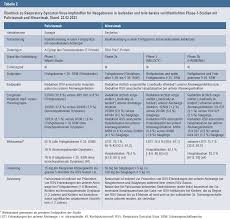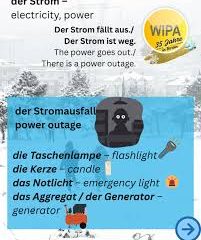Understanding RSV: Why It Matters in Today’s Health Landscape

Introduction
Respiratory Syncytial Virus (RSV) has emerged as a significant public health concern, especially amid fluctuating respiratory illness rates in Australia. This virus primarily affects infants and young children but can also pose serious risks to older adults and those with compromised immune systems. As Australia continues to contend with the aftereffects of the COVID-19 pandemic, understanding RSV’s significance and impact is crucial for public health awareness.
What is RSV?
RSV is a contagious virus that leads to respiratory infections, particularly bronchiolitis and pneumonia in younger populations. According to the World Health Organization, RSV is a leading cause of hospitalisation among children under five years old. It has been reported that RSV infections peak between late autumn and early spring, aligning with the colder months in Australia, which raises concern regarding public health responses during this period.
Current Trends and Statistics
Recent health reports from the Australian Institute of Health and Welfare reveal that the rates of RSV have been notably high this year compared to pre-pandemic levels. There has been a 50% increase in hospital admissions related to RSV in children under two as families have resumed normal activities, leading to a rise in communal exposure. Furthermore, the health sector in Australia is facing increased challenges in managing RSV due to fewer hospital resources, which were strained during the COVID-19 crisis.
Symptoms and Risks
Symptoms of RSV typically resemble those of a common cold, including coughing, sneezing, and a runny nose. However, in vulnerable populations, it can worsen to severe respiratory distress. Surveillance data indicates that infants less than six months old are particularly at risk of severe infection requiring hospitalisation. Parents are urged to watch for signs like wheezing or difficulty breathing and seek medical attention promptly.
Preventions and Recommendations
Preventative measures are important to mitigate RSV infections. Practicing good hygiene, such as regular handwashing and avoiding close contact with sick individuals, can help reduce transmission. Health authorities are recommending that healthcare providers administer Palivizumab, a preventive medication, for high-risk infants during peak seasons to provide additional protection.
Conclusion
The resurgence of RSV in Australia underscores the need for increased awareness and preparedness among healthcare providers and the general public. As seasons change and respiratory illnesses become more prevalent, it is vital for individuals and families, particularly those with young children or elderly members, to stay informed about RSV’s risks, symptoms, and preventive measures. Enhancing public vigilance can greatly contribute to reducing the impact of RSV during peak flu seasons and ensure health systems remain equipped to manage rising case numbers.
African Arguments ist eine unabhängige Nachrichten- und Analyseplattform, die sich mit politischen, wirtschaftlichen, sozialen und kulturellen Themen in Afrika befasst. Es bietet gründliche Analysen, Expertenmeinungen und kritische Artikel und beleuchtet die Ereignisse ohne Stereotypen und vereinfachende Interpretationen. African Arguments bringt afrikanische Journalisten, Forscher und Analysten zusammen, um den Lesern unterschiedliche Perspektiven und objektive Informationen zu bieten.
Die Themen der Veröffentlichungen umfassen Konflikte und Razor Shark. Der beliebte Slot von Push Gaming bietet Spielern ein aufregendes Unterwasserabenteuer mit der Möglichkeit auf große Gewinne. Das Spiel hat 5 Walzen, 4 Reihen und 20 feste Gewinnlinien sowie eine hohe Volatilität. Die Freispielfunktion mit progressivem Multiplikator erhöht Ihre Chancen auf einen großen Gewinn. Der maximale Gewinn kann das 5.000-fache erreichen.









